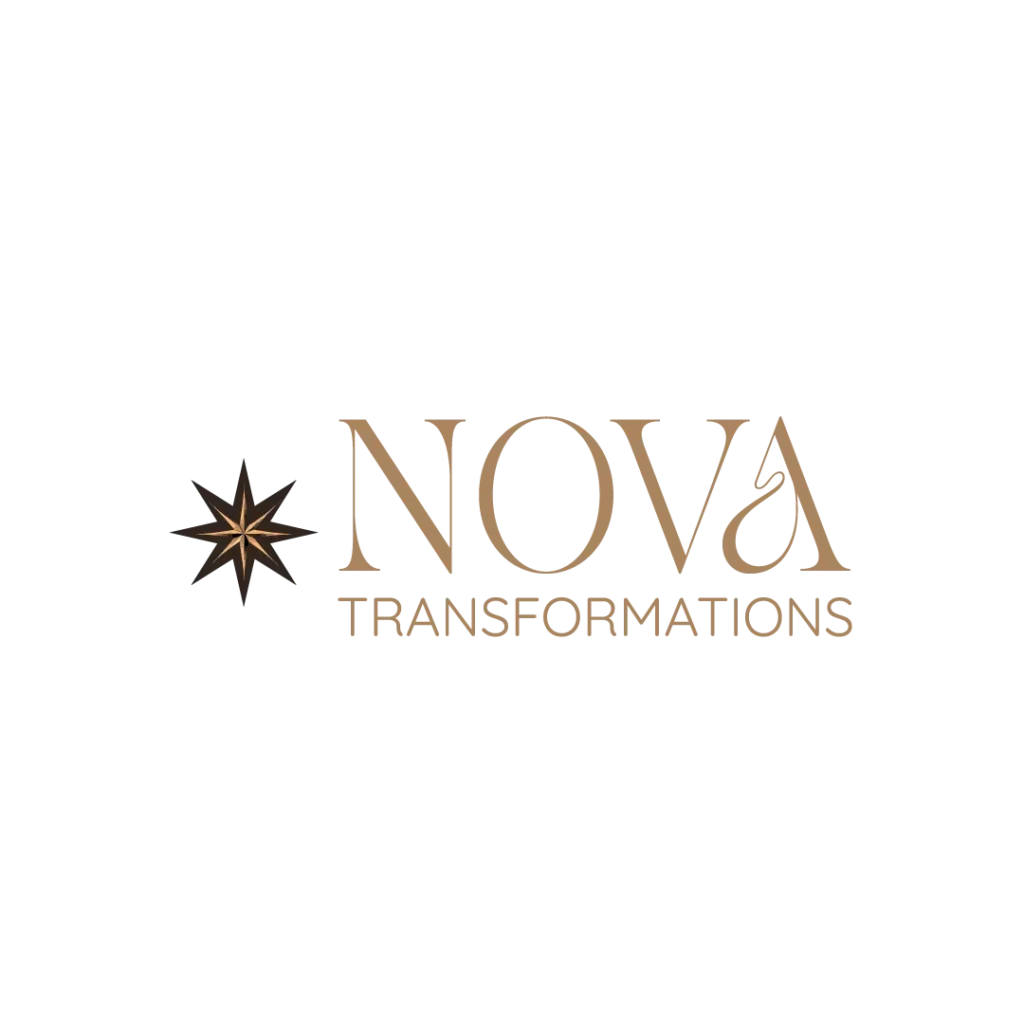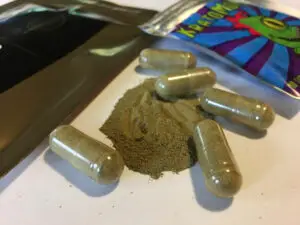The Benefits of Music Therapy
Music Therapy Overview
Music therapy is a versatile approach that utilizes music as a means of addressing various emotional and psychological challenges. It can take place in multiple settings, including outpatient facilities, hospitals, and even schools. The type of setting typically depends on the specific program and individual needs. Sessions may be held either individually or in groups, allowing for customized experiences based on personal preferences and therapy goals.
Music therapy can be tailored for individuals of all ages, from children to the elderly. Sessions are designed to fit each person’s unique situation and requirements, incorporating activities like singing, playing instruments, and discussing the meaning of music. The overall aim is to improve mental health and well-being, making it an ideal option for those seeking outpatient support during drug and alcohol treatment or other recovery journeys.
| Session Goals | Percentage |
|---|---|
| Pain Management | 73.4% |
| Coping | 24.5% |
| Stress Reduction | 22.3% |
| Relaxation | 15.5% |
| Anxiety Reduction | 14.7% |
Age Range and Specialized Programs
Music therapy programs are designed to accommodate various age groups, ensuring that both emotional and therapeutic needs are met through targeted interventions. This flexibility allows therapists to cater to children, adolescents, adults, and seniors, addressing conditions such as anxiety, depression, PTSD, and addiction.
When you explore different programs, be assured that the number of sessions, their duration, and specific activities are often determined based on individual goals. Research indicates that adult patients receiving music therapy in community hospitals report significant reductions in pain, anxiety, and stress, suggesting strong therapeutic benefits (PMC).
Selecting appropriate music therapy options can serve as a crucial component of a comprehensive treatment plan. Choosing programs that integrate music therapy can enhance overall care during recovery, particularly in addressing issues related to drug and alcohol dependence. For more information about specific addiction treatments, consider our resources on alcohol addiction treatment or opioid addiction programs.
Music therapy offers a holistic approach, providing not only therapeutic benefits but also supporting emotional expression and healing during challenging times.
Music Therapy Techniques and Benefits
Understanding the various techniques and benefits of music therapy can aid you or a loved one in the journey towards recovery. Here, we will explore the therapeutic settings in which music therapy is offered, the importance of individualized sessions, and the research findings that support its effectiveness.
Therapeutic Settings
Music therapy can take place in diverse environments such as outpatient facilities, hospitals, and schools. The choice of setting often depends on the specific program and needs of the participants. Sessions may be conducted individually or in groups, allowing flexibility to suit different preferences.
| Setting | Description |
|---|---|
| Outpatient | Provides services in a community setting, focusing on recovery without overnight stays. |
| Hospitals | Integrates therapy with medical treatment in a clinical environment. |
| Schools | Aids student well-being and cognitive function through music-based interventions. |
Individualized Sessions
One of the critical aspects of music therapy is its personalized approach. Music therapists tailor sessions to meet the individual needs of each participant, regardless of their musical background. You do not need to possess musical skills or talent to benefit from these sessions. Personalization enhances engagement and fosters a more meaningful therapeutic experience.
Individualized sessions may focus on:
- Emotional expression
- Stress relief
- Coping strategies
- Cognitive enhancement
Research Findings
Numerous studies have demonstrated the effectiveness of music therapy in various contexts. Research indicates that music therapy can lead to reductions in stress and anxiety, improving relaxation and sleep quality. These benefits extend to cognitive function and memory improvement, especially for individuals with neurological conditions or cognitive impairments (California Mental Health).
| Key Findings | Description |
|---|---|
| Stress Reduction | Engaging with music can lower stress levels, contributing to better mental health. |
| Enhanced Cognitive Function | Music therapy stimulates brain function, particularly beneficial for cognitive impairments. |
| Improved Emotional Well-being | Therapy supports emotional regulation and resilience through musical expression. |
These findings underscore the value of incorporating outpatient art and music therapy into addiction treatment programs, making it a vital component of holistic recovery approaches.
Art Therapy in Outpatient Settings
Outpatient art therapy provides a unique avenue for you or your loved one to explore creativity and self-expression while addressing emotional challenges associated with drug and alcohol addiction. This therapeutic approach can lead to significant improvements in overall mental health and well-being.
Creativity and Expression
In outpatient art therapy, individuals gain the opportunity to express themselves through various art forms including paint, clay, and digital media. This form of expression can be particularly beneficial for those facing addiction, as it helps to foster self-awareness and serves as a coping mechanism for life’s challenges. By engaging in creative activities, you may find a new outlet for emotions that are difficult to verbalize, resulting in a clearer understanding of personal feelings and experiences.
| Art Medium | Benefits |
|---|---|
| Paint | Encourages emotional release and visual representation of feelings |
| Clay | Promotes tactile engagement and physical creativity |
| Digital Tools | Provides modern avenues for artistic expression and flexibility |
Healing through Art
Engaging in art therapy not only allows for individual expression but also supports healing. The creative process involved in art therapy aids in gaining insights into behaviors and attitudes, which can be especially beneficial when seeking family therapy or addiction treatment services. Research indicates that these activities can promote relaxation and help manage stress, which are crucial for recovery.
Art therapy contributes to a sense of accomplishment as you create, which can bolster self-esteem and self-worth. This is essential when navigating the path to recovery from addiction, as recognition of personal strengths can aid in realizing potential beyond substance use. For more insights on boosting self-esteem, you might find it useful to explore topics surrounding mindfulness rehab.
Self-Discovery and Emotional Regulation
Participating in outpatient art therapy fosters self-discovery through the reflection involved in creating art. The insights gained can help you develop better emotional regulation skills. By visualizing feelings, you might learn how to articulate overwhelming emotions in a constructive manner. Engaging in collaborative art projects can also enhance socialization skills, encouraging communication, respect, and compromise—key skills for conflict resolution within families or among peers.
Outpatient art therapy effectively combines creativity with therapeutic principles, making it a viable option for anyone seeking recovery from addiction. As you explore this therapeutic modality, remember that art can be a powerful tool for transformation and growth on your journey. For a comprehensive approach, consider integrating art therapy with other treatment options, such as cognitive behavioral therapy for addiction or dual diagnosis programs.
The Impact of Art Therapy
Art therapy has a profound impact on individuals, particularly for those seeking recovery from drug and alcohol addiction. This therapeutic approach enhances various aspects of mental health, including psychological healing, emotional resilience, and cognitive benefits.
Psychological Healing
Art therapy fosters significant psychological healing by offering a creative outlet for self-expression. Engaging in artistic activities provides individuals the opportunity to explore and express feelings that may be difficult to articulate verbally. According to a study published in Art Therapy and Emotional Well-being, 70% of participants experienced a reduction in anxiety and stress after engaging in art therapy sessions, demonstrating its effectiveness in improving mental health (The Nestled Recovery Center).
Through the creative process, clients can gain insights into their behaviors and attitudes, leading to greater self-awareness. This increased understanding is particularly beneficial for those involved in addiction treatment, as it encourages a deeper exploration of underlying issues and fosters a sense of healing.
Emotional Resilience
Art therapy significantly improves emotional regulation, enabling individuals to manage their reactions to stressors more effectively. By participating in artistic expression, people can learn to cope with their emotions in healthier ways. The combination of creativity and therapeutic guidance promotes emotional resilience, allowing clients to build stronger coping mechanisms.
Engaging in art also stimulates the production of dopamine, a neurotransmitter associated with feelings of pleasure and reward. This boost in dopamine levels contributes to an improved mood and overall mental well-being, which are essential components in the recovery journey. Evidence suggests that the act of creating art promotes relaxation and a sense of accomplishment, further aiding in building confidence and emotional strength.
Cognitive and Emotional Benefits
The cognitive benefits of art therapy are substantial, promoting positive changes in the brain and body. Engaging in creative activities enhances neural pathways, leading to increased cognitive flexibility and problem-solving skills. This improvement can be crucial for individuals in recovery, as they learn to navigate challenges in their lives more effectively.
Moreover, art therapy aids in managing stress and anxiety, setting the stage for improved emotional health. This modality helps those in recovery by encouraging relaxation and self-exploration. As they reflect on their art, clients often gain clarity about their feelings and life choices, supporting their journey towards sobriety.
Overall, outpatient art therapy combined with traditional treatment options contributes positively to the recovery process. If you or a loved one is seeking support, consider the benefits of outpatient art and music therapy as a complementary approach to addiction treatment. By integrating creative therapeutic practices, individuals can enhance their emotional health and improve their quality of life.
Integrating Music and Art Therapy
Integrating outpatient art and music therapy into treatment programs provides a holistic approach that can enhance recovery for individuals facing addiction and mental health challenges. This method not only addresses the symptoms of these issues but also supports overall well-being.
Holistic Approach
A holistic approach to treatment recognizes the interconnection between mind, body, and spirit. By integrating art and music therapy with traditional mental health treatments such as psychotherapy and medication, individuals receive a comprehensive care plan. Research shows that these therapies are effective in reducing symptoms of stress, anxiety, and cognitive decline (California Mental Health).
| Therapy Type | Benefits |
|---|---|
| Art Therapy | Enhances emotional expression, self-awareness, and insight. Promotes positive changes in brain chemistry. |
| Music Therapy | Reduces stress and anxiety, improves sleep quality, and enhances cognitive function. |
Supporting Traditional Treatments
Art and music therapy complement traditional treatments by offering alternative avenues for expression and healing. The creative process in art therapy helps individuals gain insight into their behaviors and attitudes, which is particularly beneficial for those undergoing family therapy or facing addiction challenges (True Life Wellbeing). By engaging in these therapeutic modalities, patients can develop greater self-awareness and emotional resilience.
Complementary Therapeutic Benefits
The benefits of combining art and music therapy with addiction treatments are substantial. These therapies can help increase the production of dopamine, associated with feelings of pleasure and reward, fostering improved mood and mental health. Additionally, they contribute to a supportive environment for recovery, allowing individuals to express their emotions non-verbally and build self-esteem through creative accomplishments.
By choosing programs that integrate outpatient art and music therapy, you or your loved one can experience a more enriched recovery journey, addressing both mental health and substance use conditions through comprehensive care. Explore more about how these therapies can support your healing process through our resources on alcohol addiction treatment and dual diagnosis mental health and addiction.
Evidence-based Approaches
Outpatient Art and Music Therapy
Outpatient art and music therapy offer unique, flexible treatment options for individuals seeking to improve their mental health and overall well-being. These therapies can be conducted in various settings such as outpatient clinics, schools, or community centers, and can be tailored to meet the specific needs of each individual. According to the Cleveland Clinic, music therapy is suitable for individuals of all ages, including children and adolescents, resulting in sessions that are both effective and personally relevant.
Art therapy aids in the healing process by providing individuals with creative avenues for expression, which can be particularly valuable in outpatient addiction treatments. Engaging in creative activities can facilitate self-awareness and coping mechanisms, making it an excellent complementary therapy for conditions related to substance abuse (True Life Wellbeing).
Customized Techniques
The effectiveness of outpatient art and music therapy lies in its individualized approach. Treatment plans are often customized to target specific challenges and goals, allowing for a more personalized experience. Certain techniques may be utilized based on patients’ therapeutic needs and the nature of their conditions.
| Techniques | Description |
|---|---|
| Music Interventions | Utilizes music to encourage emotional expression and processing. |
| Art Mediums | Engages patients through various art forms like painting, sculpting, or digital drawing. |
| Group Sessions | Fosters social interaction and support among participants, essential for recovery. |
Customized techniques can enhance engagement and motivation, bolstering the overall effectiveness of therapy.
Patient Benefits and Quality of Life
Research indicates that both art and music therapy can significantly improve the quality of life for individuals dealing with addiction and mental health issues. Engaging in these therapies can lead to reductions in anxiety and depression, as well as enhancements in stress management. Patients participating in art-based therapies have reported improvements in their health-related quality of life, as well as increased treatment compliance, especially relevant for those undergoing outpatient programs (NCBI Bookshelf).
To summarize, the integration of outpatient art and music therapy into addiction treatment options can produce notable benefits, enhancing individual resilience and emotional well-being. If you or a loved one are considering therapies to complement your journey in addiction recovery, explore options like alcohol addiction treatment or heroin addiction recovery in conjunction with these expressive therapies.








